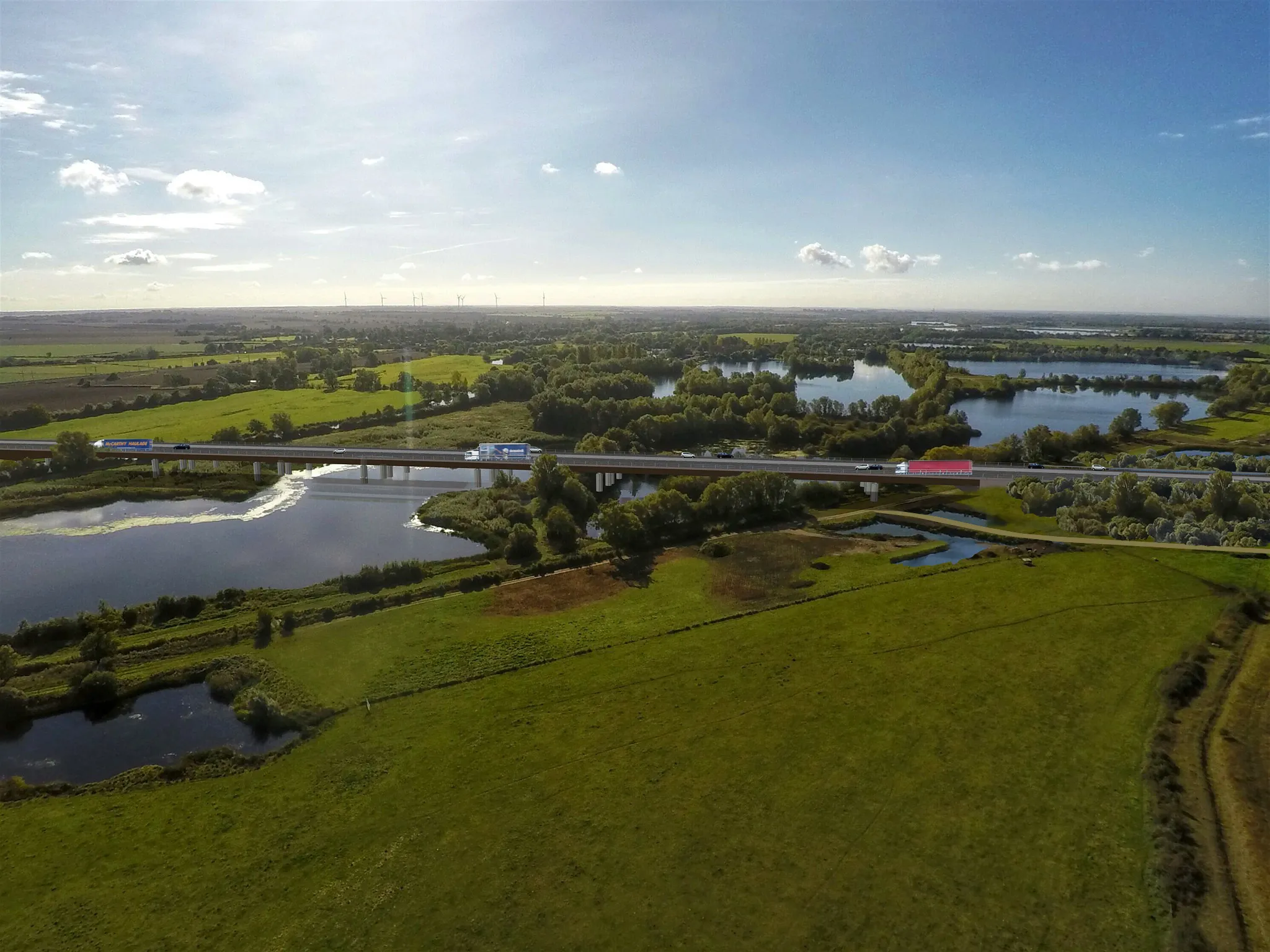In the UKL the Highways Agency has announced plans for an additional 58 schemes intended to boost the economy, reduce congestion and improve safety. These schemes form part of the third, and final, stage of the Highways Agency’s pinch point programme. The 58 schemes represent an investment of €114.6 million (£98 million) and are intended to remove bottlenecks and keep traffic moving on England’s motorways and major A roads. They will be delivered by March 2015 and will bring an estimated €1.64 billion (£1.4
April 12, 2013
Read time: 2 mins
In the UK the 2309 Highways Agency has announced plans for an additional 58 schemes intended to boost the economy, reduce congestion and improve safety. These schemes form part of the third, and final, stage of the Highways Agency’s pinch point programme. The 58 schemes represent an investment of €114.6 million (£98 million) and are intended to remove bottlenecks and keep traffic moving on England’s motorways and major A roads. They will be delivered by March 2015 and will bring an estimated €1.64 billion (£1.4 billion) of economic benefit. This announcement brings the total investment for the 123-scheme pinch point programme to €370.7 million (£317 million). This includes an extra €116.9 million (£100 million) announced by the Chancellor in his 2012 autumn statement. Secretary of State for Transport Patrick McLoughlin said, “The Government is committed to cutting congestion and accelerating growth – that is why the Chancellor injected an extra £100 million into the Highways Agency pinch point programme last autumn.
This third stage features 26 projects developed in conjunction with local enterprise partnerships and local authorities to promote local economic growth. They will improve access to nearby development sites such as enterprise zones and locally designated areas, as well as to international and national gateways. This includes improvements at Salford Circus in Birmingham. This provides access from the M6 to Birmingham City Centre and other important towns and developments. The scheme will reduce congestion. The remaining 32 schemes will install new technology to support the logistics industry and wider economic growth by improving driver information, signage and incident clear up times. For example, the Agency will install new electronic signs, CCTV cameras and a queue protection system at junctions 30 to 32 of the M62 – one of the most heavily used freight routes in England. This will help to improve safety, reduce congestion and give drivers more information about their journeys. The majority of schemes from the first two stages of the programme are in the detailed design phase with construction due to start soon.
This third stage features 26 projects developed in conjunction with local enterprise partnerships and local authorities to promote local economic growth. They will improve access to nearby development sites such as enterprise zones and locally designated areas, as well as to international and national gateways. This includes improvements at Salford Circus in Birmingham. This provides access from the M6 to Birmingham City Centre and other important towns and developments. The scheme will reduce congestion. The remaining 32 schemes will install new technology to support the logistics industry and wider economic growth by improving driver information, signage and incident clear up times. For example, the Agency will install new electronic signs, CCTV cameras and a queue protection system at junctions 30 to 32 of the M62 – one of the most heavily used freight routes in England. This will help to improve safety, reduce congestion and give drivers more information about their journeys. The majority of schemes from the first two stages of the programme are in the detailed design phase with construction due to start soon.








